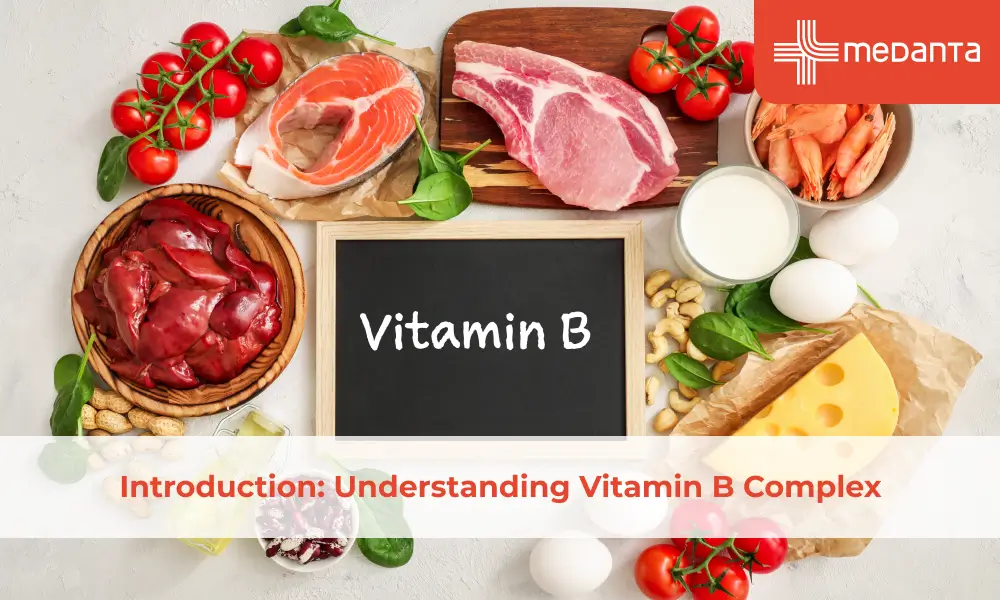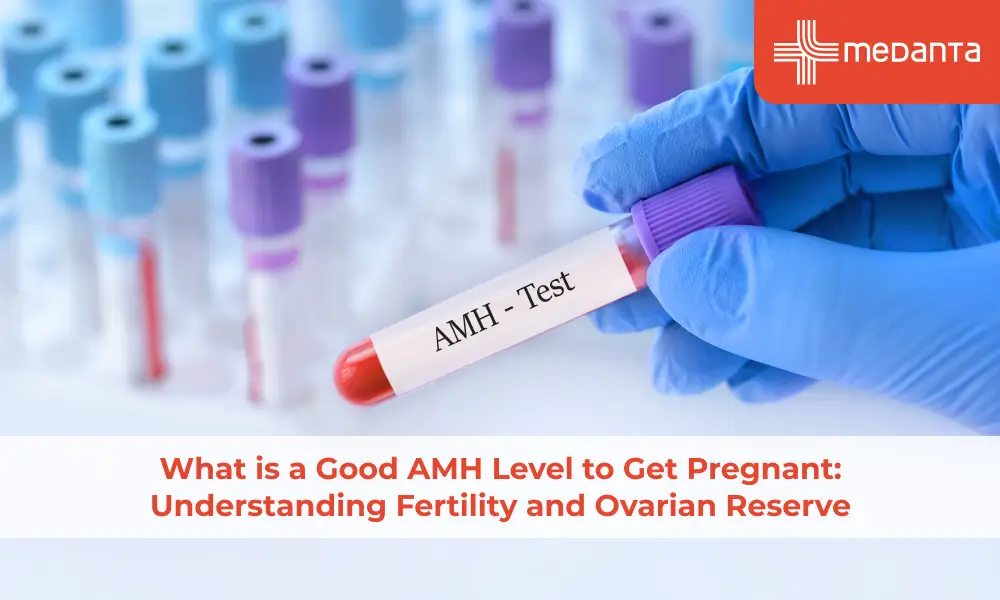Mythbuster: Vegetarians can’t get proteins in their food

A vegetarian diet does not include any kind of animal products, not even seafood. There are several variants to this, though. Some vegetarians may consume eggs and dairy products while others may forego one or both. A vegan diet is a kind of vegetarianism in which all products of animal origins, including meat, dairy, eggs, honey, and gelatine, are abstained from consumption.
A vegetarian diet has several positive health effects. If they are well-planned, they can deliver all the vital vitamins and minerals needed for a long, healthy life. Vegetarian children and moms who are breastfeeding need to take extra precautions to ensure they receive all the vital nutrients they require for proper development and growth.
Protein has most likely been misunderstood and severely misread more than any other food component. When we discuss vegetarianism, "How can I get adequate protein?" is typically the largest concern people have. Leading health organisations are emphasising the importance of plant-based proteins in contrast to the harmful health risks of animal protein, which is frequently consumed in excess in the ordinary diet, leading to the dispelling of this misconception.
Types of vegetarian diets:
Most people see a vegetarian diet as one that excludes meat, poultry, and fish when they think of it. But the things that vegetarian diets include and omit differ:
- Lacto-vegetarian: In a Lacto-vegetarian diet, no products containing meat, fish, poultry, or eggs are allowed. Dairy staples are included, like milk, cheese, yogurt, and butter.
- Ovo-vegetarian: This kind of diet permits eggs but forgo dairy, meat, poultry, and seafood.
- Lacto-Ovo vegetarian: A Lacto-Ovo vegetarian diet allows dairy products and eggs but forbids meat, fish, and fowl.
- Pescatarian diets: These kinds of diets accept fish but forgo dairy, eggs, beef and poultry.
- Vegan diets: These diets forgo meat, poultry, fish, eggs, dairy, and meals containing these items.
Protein requirement:
Your body's primary building material is protein. Your body needs it to build tissues like muscles, tendons, and skin, and it also uses it to help generate antibodies that fight infections. The recommended daily amount of protein for healthy individuals is 0.36 grams per pound of body weight. That is about 54 grams for an adult weighing 150 pounds.
But that's only the beginning. You will require more if you are an athlete, pregnant, or nursing. It relies on a variety of elements, such as your degree of personal activity and the size of your muscles. Most individuals don't need to carefully measure or count how much protein they consume each day.
Healthy vegetarian diet:
To make the most of a vegetarian diet, pick a range of wholesome plant-based meals such as whole fruit and vegetables, lentils and nuts, and even whole grains. Reduce consumption of less wholesome foods and beverages, such as refined grains, fruit juices, and beverages with added sugar. A licensed dietitian can help you create a vegetarian diet plan that is ideal for you if you need their assistance.
Benefits of a vegetarian diet:
Numerous health advantages, such as a decreased risk of chronic illnesses, can be obtained through a well-balanced vegetarian or vegan diet, including:
a) Obesity
b) Cardiovascular disease
c) Diabetes
d) Certain forms of cancer
e) Hypertension (high blood pressure).
Vegans and vegetarians also have fewer illnesses and fatalities from some degenerative disorders.
Benefits of plant-based proteins:
Generally speaking, plant sources of proteins are healthier owing to the additional nutrients they provide. Unlike animal forms of protein, which contain almost little fiber, all plant-based proteins come with it. Cancer-fighting phytochemicals are bundled with plant proteins. They frequently contain little cholesterol and little to no fat. As a general rule, try to have enough healthy grains, veggies, and legumes each day to easily satisfy your protein needs. Even though they are not plant-based, dairy products are a substantial source of protein and, when used in moderation, they may be a component of a healthy vegetarian diet. You may also include meat substitutes or veggie meats in your diet as excellent sources of protein.
Conclusion:
A vegetarian or vegan can get their protein from a variety of sources. A person has to consume a variety of protein sources. Depending on a person's age, sex, and degree of exercise, they may require different amounts of protein. Despite being regarded as an "incomplete" source of protein, it is simple to blend plant meals throughout the day to provide you with enough of each amino acid. Although properly planned vegan and vegetarian diets have many health advantages, they also carry certain potential hazards. When feasible, pick whole plant foods; if necessary, utilise supplements and fortified foods to increase benefits and reduce dangers.






